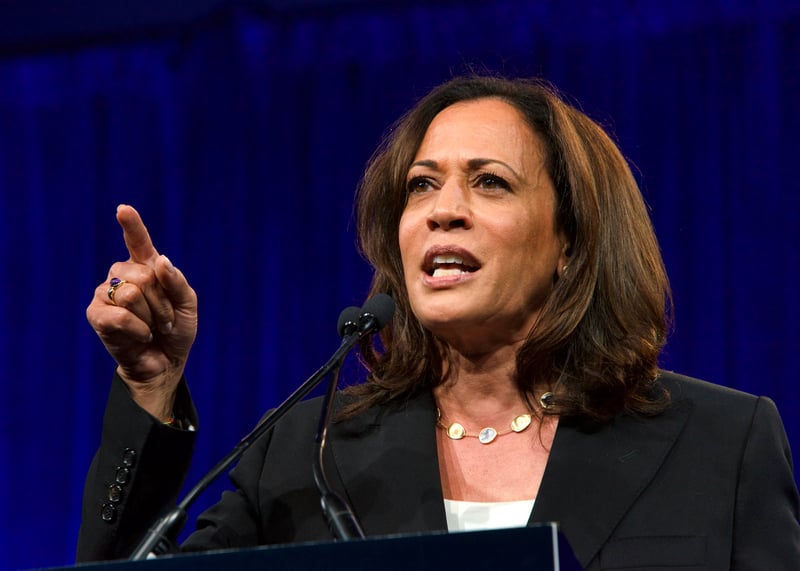
Politics is a contact sport, and Kamala Harris’ 2003 campaign for San Francisco District Attorney was no exception. During her run, she found herself on the receiving end of some serious heat over her record as a prosecutor. The question wasn’t just about how tough she was on crime, but how truthful she was about her experience in the courtroom.
Her campaign materials from that time were clear: Harris was a seasoned veteran of the courtroom, boasting “thirteen years of courtroom experience” and claiming she had “tried hundreds of serious and violent felonies, including homicide, rape, and child sexual assault cases.”
Fake it till you make it…
Sounds impressive, right? But things took a turn when her opponent, Bill Fazio, called her out during a debate, asking Harris to back up those claims.
When pressed, Harris responded that she had “tried about 50 cases,” a far cry from the “hundreds” her campaign literature had boasted about. Fazio didn’t let it slide, accusing her of misleading voters and questioning her integrity.
The debate wasn’t just a clash over numbers—it was a fight for credibility and trust, both essential in a race for the top law enforcement job in the city.
Harris didn’t directly address the discrepancy during the debate, instead pivoting to talk about her leadership skills and the endorsements she had received from law enforcement organizations.
The exchange left a cloud of doubt hanging over her claims, and while it didn’t stop her from winning the election, it’s a moment that still gets scrutinized today, especially in the age of fact-checking and accountability.
This moment from Harris’ past campaign highlights the intense scrutiny politicians face over their records, especially when those records become a central part of their campaign narrative.
Whether it was a strategic exaggeration or just campaign bluster, it’s a reminder that every claim on the campaign trail can—and often will—be questioned.

